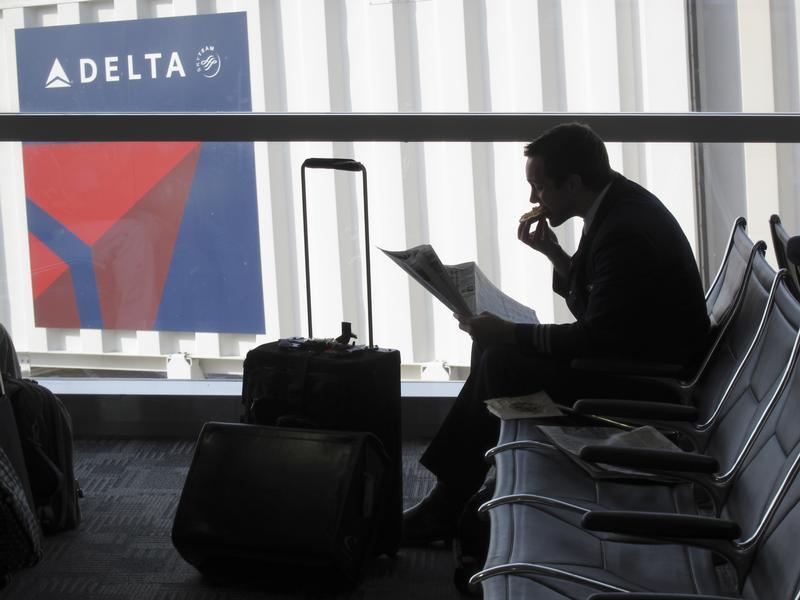When it comes to making travel plans — and especially booking flights — the early bird often gets the deals. But business travelers don’t always know months or even weeks in advance that they’ll need to hop on a plane.
“Business travel obviously skews far more toward shorter booking windows than leisure travel,” said Tim MacDonald, executive vice president of travel for Concur, the travel and expense management company. “In many cases, it’s entirely unavoidable as meetings come up at the last minute, deals have to happen, etc.”
Concur wanted to know how much those shorter booking windows might be hurting corporations’ travel budgets, so the company examined transactions it processed between 2011 and 2015 for 22 million domestic round-trip airline bookings in the U.S.
The analysis found that booking eight days or more in advance provided the best deal if travelers needed to get a (relatively) last-minute flight. The cost of booking a flight within a week of travel was at least 44 percent higher than the same trip if it were booked 15 days or more in advance. Booking eight days in advance or more leads to prices 22 percent higher than tickets bought 15 or more days in advance.
Researchers found that by booking at least eight days in advance, travelers could save their businesses an average of $148 per ticket.
And while an average of $148 might not seem huge, MacDonald said last-minute flights could be 30-40 percent more expensive, which — when applied to millions of dollars in annual flight travel spending — “becomes really significant.”
Here are four highlights from the findings:
Nearly a quarter of travelers book flights within a week of departure
While some of that is unavoidable, MacDonald recommends that travel managers inform their employees that booking early saves money and even make it part of policy to book flights early whenever possible.
“Often it stems from just a lack of awareness amongst your traveler base, your employee base, that waiting can cost the company a lot of money,” MacDonald said.
Prices jump at the one-week mark
Booking air travel 15 days or more in advance is ideal, with airfare averaging $404 in that window. But if something comes up closer to the travel date, Concur says eight days in advance is far better than seven. Average prices jump from $493 between 8-14 days in advance to $575 at seven days out.
Some months are cheaper than others for last-minute booking
Travelers who have to book last-minute trips in January and August will pay the highest premiums for booking late. Booking close to the departure date in June causes less of a financial hit, but there is a catch: Even ticket prices booked farther in advance in June are 9 percent higher than average airfare for the rest of the year.
Last-minute travel could best be directed to smaller airports
Buying airfare close to the departure date is more expensive at the busiest airports. Comparing prices at smaller nearby airports could save travelers money — as long as those savings aren’t erased by the cost of transportation to the ultimate destination.
Source: Concur
Subscribe to Skift Pro to get unlimited access to stories like these
{{monthly_count}} of {{monthly_limit}} Free Stories Read
Subscribe NowAlready a member? Sign in here
Subscribe to Skift Pro to get unlimited access to stories like these
Your story count resets on {{monthly_reset}}
Already a member? Sign in here
Subscribe to Skift Pro to get unlimited access to stories like these
Already a member? Sign in here
